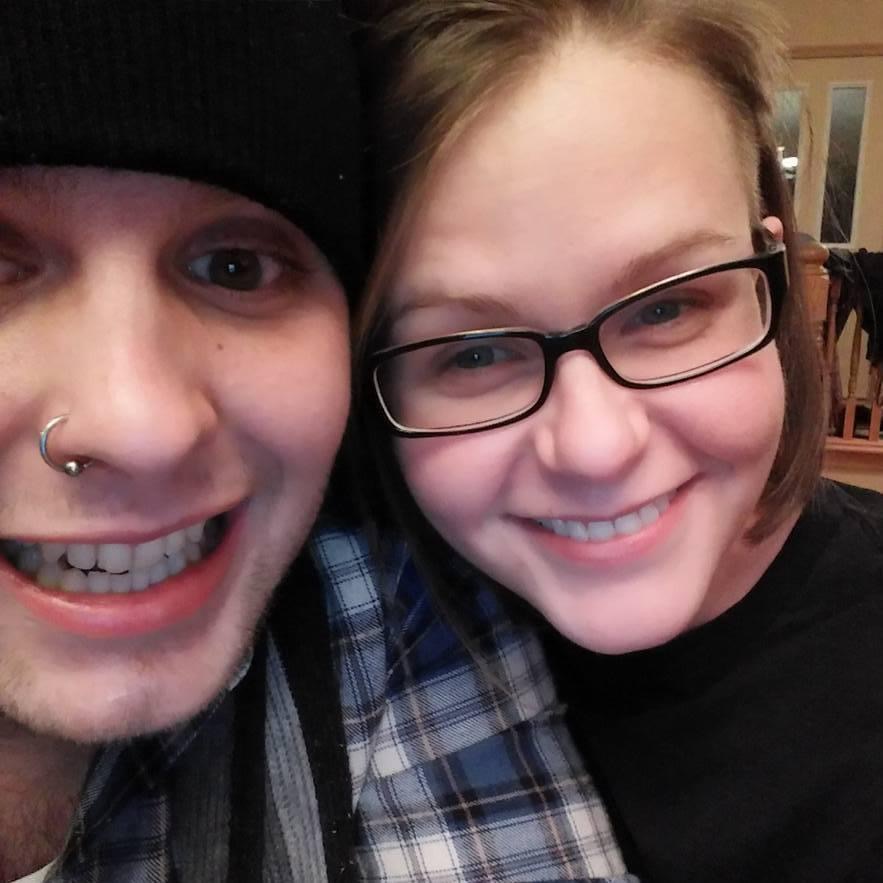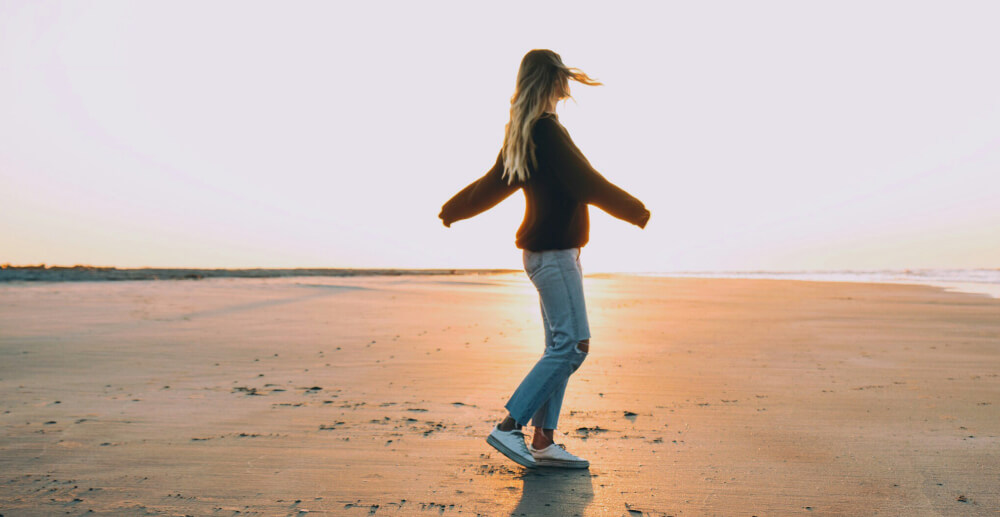Despite being active in her recovery, Amy Dresner had to deal with depression and suicidal ideation at more than 10 years sober. She shares her story.
Content warning: This piece discusses suicidal ideation, as experienced by the author.
Cutting out drugs and alcohol didn’t erase my mental health struggles
I don’t know how to break it to you, but getting into recovery doesn’t cure your other mental illness. Illnesses. Whatever. I was depressed and suicidal before I descended into drugs and alcohol and even after 11 years of sobriety, they still knock at my door once in a while. Possibly more. Sure, I don’t black out now or do as much dumb impulsive stuff, but I can still be bedbound for days or weeks with what they used to call “melancholia.” And then there are the scary dark thoughts about leaving the planet—and I don’t mean in a UFO, ok? David Foster Wallace, the superbly talented writer of Infinite Jest, says people don’t kill themselves out of hopelessness. They kill themselves for the same reason other people jump from a burning high rise: to escape the terror and agony of the blazing fire within.
Checking myself into care was the best way to protect myself
This past August, I spent six grueling days at Las Encinas Psychiatric Hospital. For once, I checked in on my own—not because of a court order. I was 10 years sober, and over the previous 10 months, both my parents and my cat died. Somehow, suicide didn’t sound all that awful—and that scared the hell out of me. My choice was hospital or coffin. I chose hospital, where I was diagnosed with depression and suicidal ideation (duh) without psychotic features (a nice surprise).
Plus, my neurologist had bumped up one of my epilepsy meds and a side effect of that can be suicidal ideation.
I have a history of depression and suicidality
But it wasn’t just the meds. I’ve actually tried to kill myself a bunch of times. In sobriety. When my parents were still alive and I wasn’t on this medicine. So … was it grief this time? Was it perimenopause? Was it the medication? I don’t think the “why” matters. What mattered was that I voluntarily put myself in a psychiatric ward to protect me against myself. To protect me against myself. Come to think of it, that’s why I was in rehab six times. I have been, and will always be, my worst enemy. Luckily, I’m also one of my own best friends. Maybe the docs at Las Encinas should have chewed on that.
Getting and staying sober with a mood disorder and a personality disorder, riding that dual diagnosis rollercoaster, is no easy feat. And even with time, it hasn’t gotten much easier. When my mother was dying, I started disassociating for the first time and had to enter rehab for mental health. When my father was dying, I cried all day, every day, and had seizures when I slept. But I did not drink or use. And I’m pretty proud of that. I certainly wanted to. I wanted to turn down the volume on my pain and my emotions. It went, like the amplifier in This is Spinal Tap, to 11. It still does. It always has.
It’s taking a lot of help to get to a better place
After my “grippie socks vacation” where I made bad jokes, ate inedible food, argued with the hospital psychiatrist, and crushed out on an inappropriately young male nurse, I spent a month in intensive outpatient therapy. It was in IOP where—surprise!—all of us were struggling with depression, anxiety, suicidal ideation, and/or substance abuse. I had more time in recovery than even the therapist. It was humbling and humiliating, and just reinforced that mental illness and substance use disorder run on different tracks. And that time in recovery doesn’t really mean anything. I was probably the worst-behaved one in there and definitely the oldest.
After that, I went into one-on-one therapy twice a week. (Still doing that.) I also attended a 6-week grief group. I hated every minute of that grief group but I learned that other people have compound grief and don’t kill themselves or drink themselves into oblivion. I also learned I was not alone or being punished, nor was there something wrong with me. Losing people sucks. Losing multiple people sucks even worse. And ever so slowly, I started to put myself back together. I talked to people in recovery who had suffered significant losses and stayed sober. I cried at meetings. I made sure my meds were right. I slept a lot. When I could, I’d meditate or exercise. I trauma-dumped on my friends and, incredibly, they are still my friends. I asked for help. I had gotten through these episodes before. Surely I could do it again. And even though it was exhausting and maddening and felt like way, way, way too much, I stumbled and trudged forward.
I’m still here, and I’m still sober
There’s this myth that getting sober will cure all your woes. That has not been my experience (but awesome if it is or was yours). I think many of us drank and used to self-medicate our mental illness and now without that buffer, we feel the full blunt force of our “crazy.”
I see my mental illness and substance use disorder and epilepsy all as incredibly painful and crappy and inconvenient but manageable with help. Not curable, but manageable. And that beats fatal any day.








